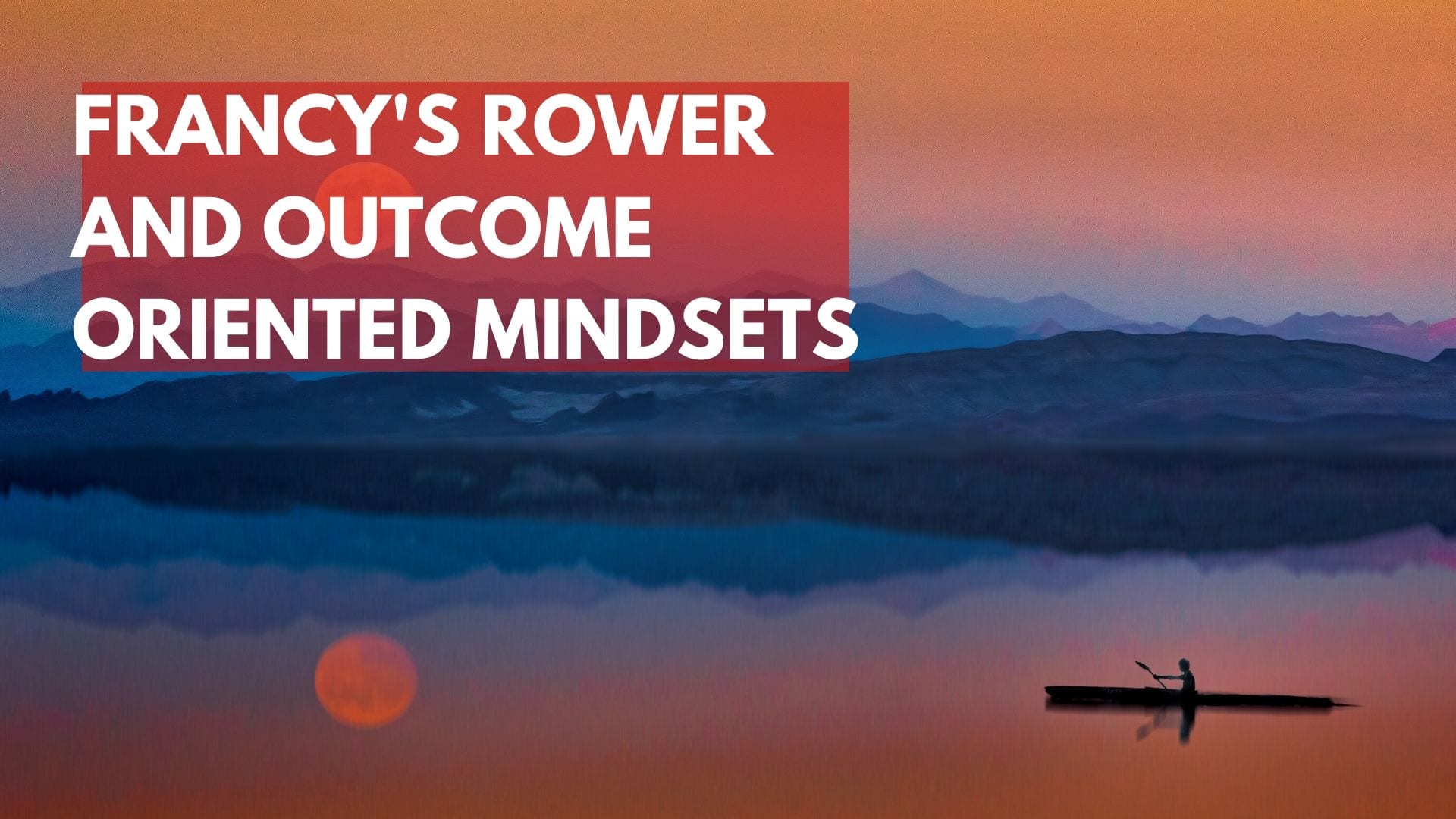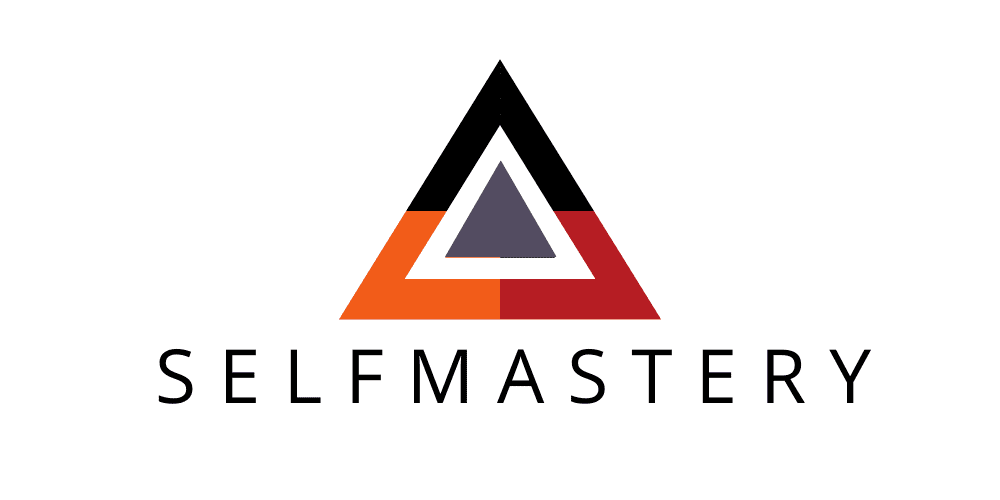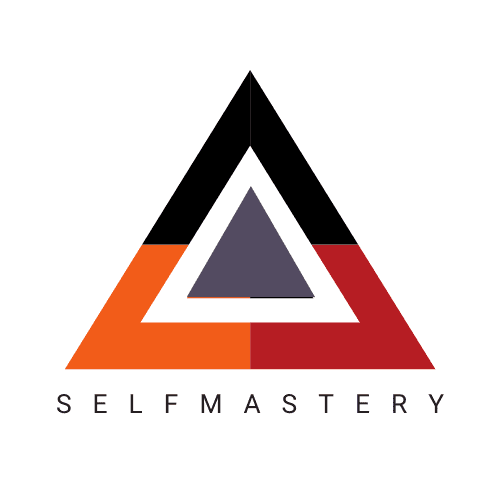
15 May Francy’s Rower and Outcome Oriented Mindsets
“How is that working for you?” is a rhetorical tool I use with a lot of my athletes. Whether we are talking about a nutritional habit, a workout strategy, or a marital problem, I have found it to be very productive. This is because it is a grounding experience when one asks it honestly. It prompts the person in front of you to really match what they are trying to get out of their behaviors with reality. And matching these up is often a hard struggle. You might realize that adding more training volume is not actually making you any better at your sport. Or that cutting out all carbs did help you lose 3 pounds, but now your performance is really poor, and training sucks. Or you might realize that repeating the same thing over and over to your spouse is actually not very productive, quite the opposite it just makes things worse.
This confrontation with reality is at the core of my approach to nutrition, training and mindset. It is a way to test how many assumptions and preconceived ideas we have. You see for me the question is not if a vegan diet is the best one for health or not, for me the question is whether Joe’s biomarkers are moving in the direction I want them to move in when he’s eating vegan. It is not important if I believe that a particular lifting technique is better or not; what matters is if Emily’s snatch got better with that technique. And finally, the least important of all things is whether you think you have the answer to your spouse’s problems the most helpful thing is often to shut up and listen with love and care. All this is just another way to say an outcome-oriented mindset is what I think we should have for fitness and nutritional interventions.
Here’s the thing though: all this sounds wonderful and very sensible but applying it is not so straightforward. Especially when it comes to Joe’s veganism, Emily’s love affair with the barbell, or your spouse’s tendency to leave the wet towel on top of the bed after showering … like a fucking psychopath! (that is me btw, I am the psychopath.) One of the problems I identify with an outcome oriented mindset that makes things so hard is that we get lost in the ego and the now. We easily fall prey to confusing metrics with outcomes. And then we end up focusing solely on immediate results and we forget the big picture and long-term processes. All of this is very counterproductive, because most things in life, but especially nutrition and fitness are long term processes.
Let me give you an example that I see happening all the time at the gym. Francy comes in and wants to improve her rowing. She trains for health and for longevity and really wants to be better at rowing. Francy learned how to row when she was thirty. Like most humans she mostly has been sitting since the first grade: sitting for school, sitting for college, sitting for work. Therefore Francy has no idea how to use the muscles of her posterior legs and her back because those muscles have been plastered for almost three decades. So when she rows, her body uses what her body knows how to use: mostly her arms and quads. When I tell Francy “hey, let’s change your technique so we can use all the musculature of your back,” the first thing that happens is that she feels a big loss of power. The monitor in the rowing machine shows her she is moving slower than usual, and it does really feel like she is going nowhere. She looks at me, and I can see in her face she is thinking: How is THIS working for you, Juan? [Middle finger emoji]
Now, I could go into the physics and the biomechanics of rowing and explain why and how rowing technique will help Francy. But that would not be productive. What I’d say to Francy is this: “what the monitor is telling us, is that your back is turned off and cannot produce a lot of power. My experience with all the Francys/Francos that I have worked with is that if we change your technique and teach you how to use the musculature of your back at the very least, we will gain more options. You will not be limited by what you can do today. You will have the option to bring into your stroke all the other muscles that are asleep right now. Overtime we can measure and see what is the optimal technique for you and tweak it. The good thing is that you are rowing to make your life better and not to win a race tomorrow, so we can afford a temporary loss of power.” By this point Francy will have two options: she can use the temporary feedback from that monitor and the speed from the rower as way to justify continuing to use sub-optimal technique, or she can use it as an indicator that there is a lot more to improve. The choice is hers.
Francy’s story showcases some common problems that people have when focusing on outcomes. We get so invested on improving our metrics today, that we forget both our long term purpose and the collective experience of others. If Francy only looks at her speed today and does not take into account what we have learned as humans with rowing she will end up just doing what she has been doing. She will not change a thing. Francy will get better at rowing with her arms and quads, but over time her maximal capacity will always be overpowered by her limitations. She is not really becoming a better rower. Francy is confusing immediate and isolated data points for outcomes. Data points by themselves don’t say much. In order for metrics to be meaningful we need a set that reflects the process of intervention we are trying to achieve.
In our world of fitness and nutrition focusing on outcomes requires that we strive for a birds-eye view of our processes. Of course we want to have metrics that measure progress, we need that feedback. But we cannot get lost in the immediacy of today. Once we have set up our purpose for a given intervention, we want to set up metrics that reflect that purpose and the process we intend to take. In the case of Francy I would look for other metrics besides final speed: the comparison between her 2K and 5K split times, the average power output in 2, 4 and 12 minute efforts, the force/time graph of her stroke, her capacity to sustain a wide range of stroke rates without too much power loss, for example. All these data points over a lengthy period of time will tell me if she is becoming a better rower or not. The careful analysis of this data and its comparison with the data of other rowers will tell me if the there is something specific we need to work on, and how to approach it. However none of it by itself would tell me much.
Remember: results and outcomes are different things. Outcomes take processes and purpose into account, results are immediate and need context to be meaningful.
Be nicer to your spouse!
j


